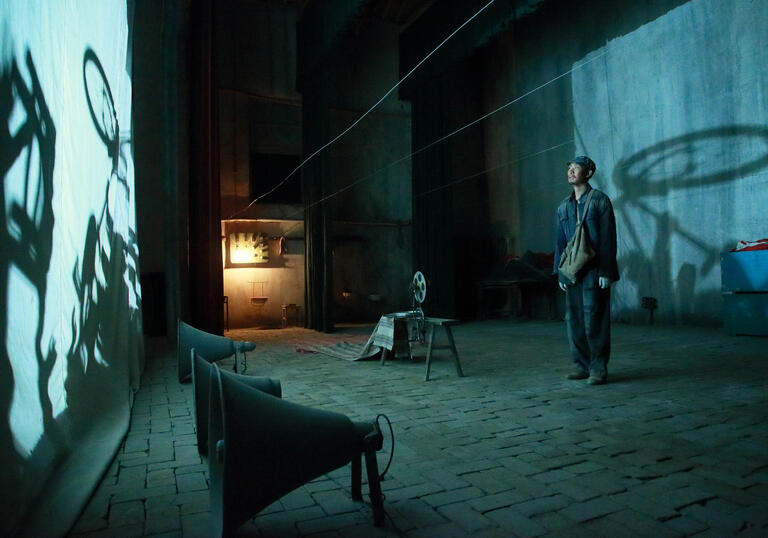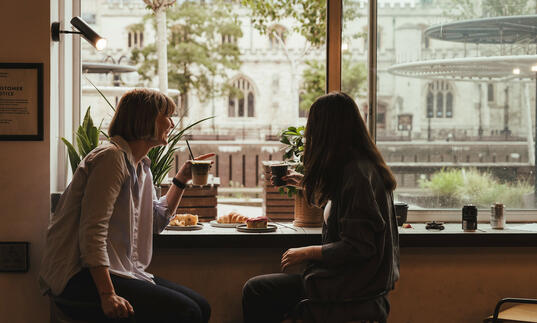
Booking fees
£1.50 booking fee per online/phone transaction.
No fee when tickets are booked in person.
Booking fees are per transaction and not per ticket. If your booking contains several events the highest booking fee will apply. The booking fee may be reduced on certain events. Members do not pay booking fees.
On the book
"A phenomenally well-researched, brilliantly presented thrill-ride of a book that draws on extensive field interviews as well as the archive to open up a whole new set of discussions around the notion of state propaganda..The book is a model of nuanced, rigorous scholarship. It’s as exciting a moment as I can remember in the field of film book publishing, with a plethora of groundbreaking work being made available across the board.” Kieron Corless, 2024 Moving Image Judge.
Biographies
Jie Li is Professor of East Asian Languages and Civilizations at Harvard University, her research interests center on the mediation of memories in modern China. Her first book, Shanghai Homes: Palimpsests of Private Life (Columbia, 2014), excavates a century of memories embedded in two alleyway neighborhoods destined for demolition. Her second monograph, Utopian Ruins: A Memorial Museum of the Mao Era (Duke University Press, 2020), explores contemporary cultural memories of the 1950s to the 1970s through textual, audiovisual, and material artifacts, including police files, photographs, documentary films, and museums. Li has co-edited a volume entitled Red Legacies: Cultural Afterlives of the Communist Revolution (Harvard Asia Center, 2016). Her current book project, Cinematic Guerrillas: Maoist Propaganda as a Spirit Medium explores film exhibition and reception in socialist China, including movie theatres and open-air screenings, projectionists and audiences, as well as memories of revolutionary and foreign films. Her other research projects include a transnational film history of Manchuria and a cultural history of noise in modern China.
Chris Berry is Professor of Film Studies at King’s College London. Prior to his current appointment, he taught at La Trobe University in Melbourne, The University of California, Berkeley, and Goldsmiths, University of London. Primary publications include: Cinema and the National: China on Screen; Postsocialist Cinema in Post-Mao China: the Cultural Revolution after the Cultural Revolution; Chinese Film Festivals: Sites of Translation; Routledge Handbook of East Asian Popular Culture; Public Space, Media Space; Chinese Cinema, 4 vols, The New Chinese Documentary Film Movement: For the Public Record; Electronic Elsewheres: Media, Technology, and Social Space; Cultural Studies and Cultural Industries in Northeast Asia: What a Difference a Region Makes; TV China; Chinese Films in Focus; Island on the Edge: Taiwan New Cinema and After.
See more art, music, film and theatre for less
Enjoy free entry to all exhibitions, discounts, no booking fees, priority booking, Members' events, our Members' Lounge and more (T&Cs apply)
Cinema 1
Location
Barbican Cinema 1 is located within the main Barbican building on Level -2. Head to Level G and walk towards the Lakeside Terrace where you’ll find stairs and lifts to take you down to the venue floor.
Address
Barbican Centre
Silk Street, London
EC2Y 8DS
Public transport
The Barbican is widely accessible by bus, tube, train and by foot or bicycle. Plan your journey and find more route information in ‘Your Visit’ or book your car parking space in advance.





